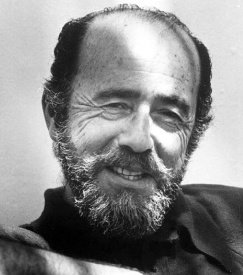A Quote by Truman Capote
I also write the last paragraph or page of a story first. That way I always know what I'm working towards.
Related Quotes
Writing the first draft of a new story is incredibly difficult for me. I will happily do revisions, because once I can see the words on the page, I can go about ripping them up and moving scenes around. A blank page, though? Terrifying. I'm always angsty when I'm working my way through a first draft.
Whenever I teach writing I tell them to never revise as you go. Finish the first draft. This is my writing advice. I can't do that myself. I'm lying to everybody. I write a paragraph, and then I rewrite that paragraph. I want to feel like I'm standing on firm ground before I move on to the next paragraph. Mentally, I have to do that.
When I'm writing comics, I'm also visualizing how the story will look on the page - not even always art-wise, but panel-wise, like how a moment will be enhanced dramatically by simply turning a page and getting a reveal. It requires thinking about story in a way I never had to consider when I was writing prose.





































